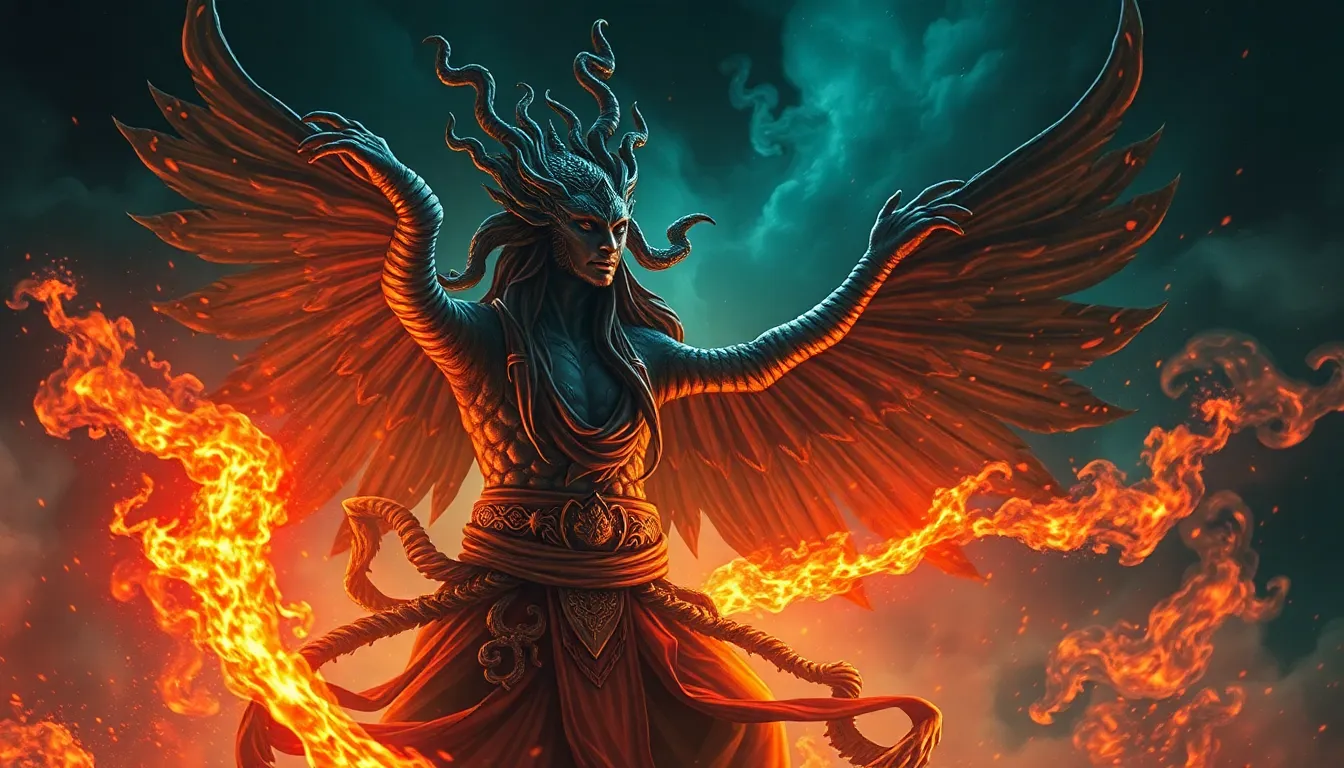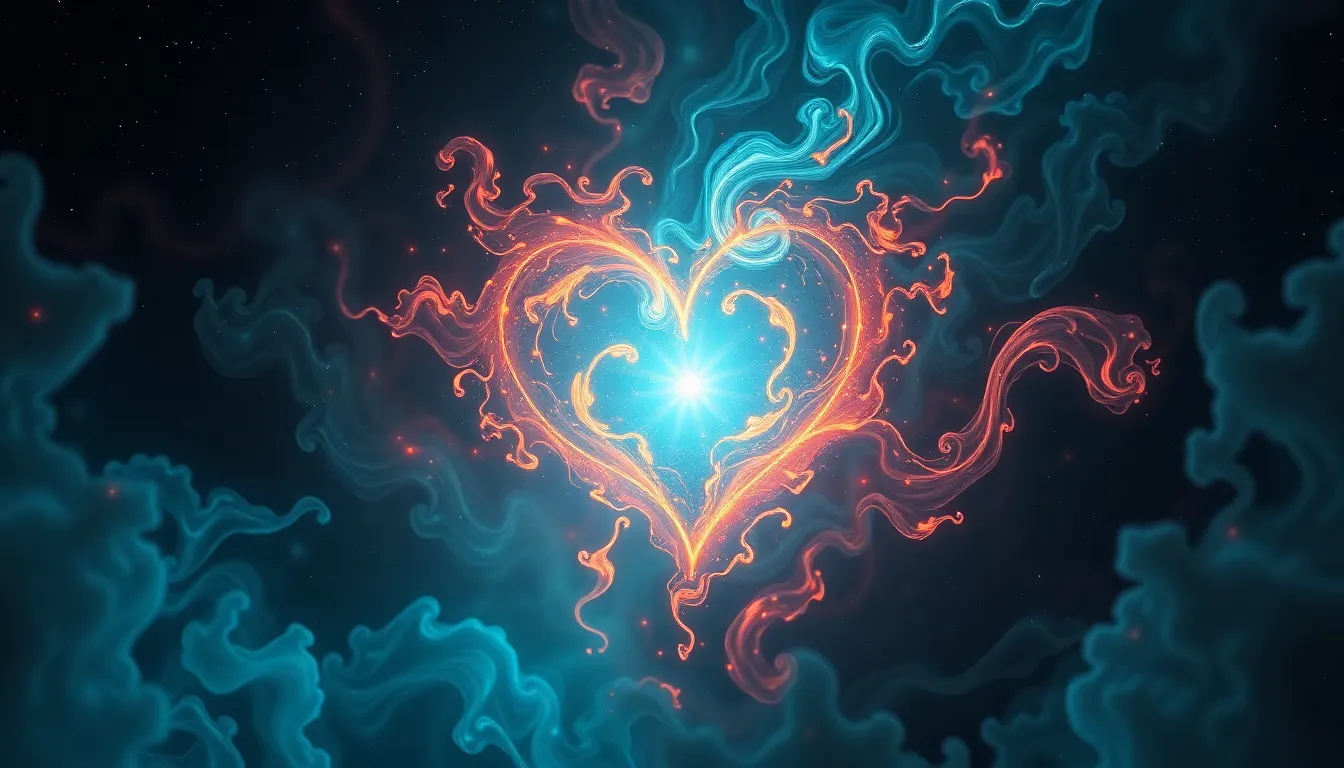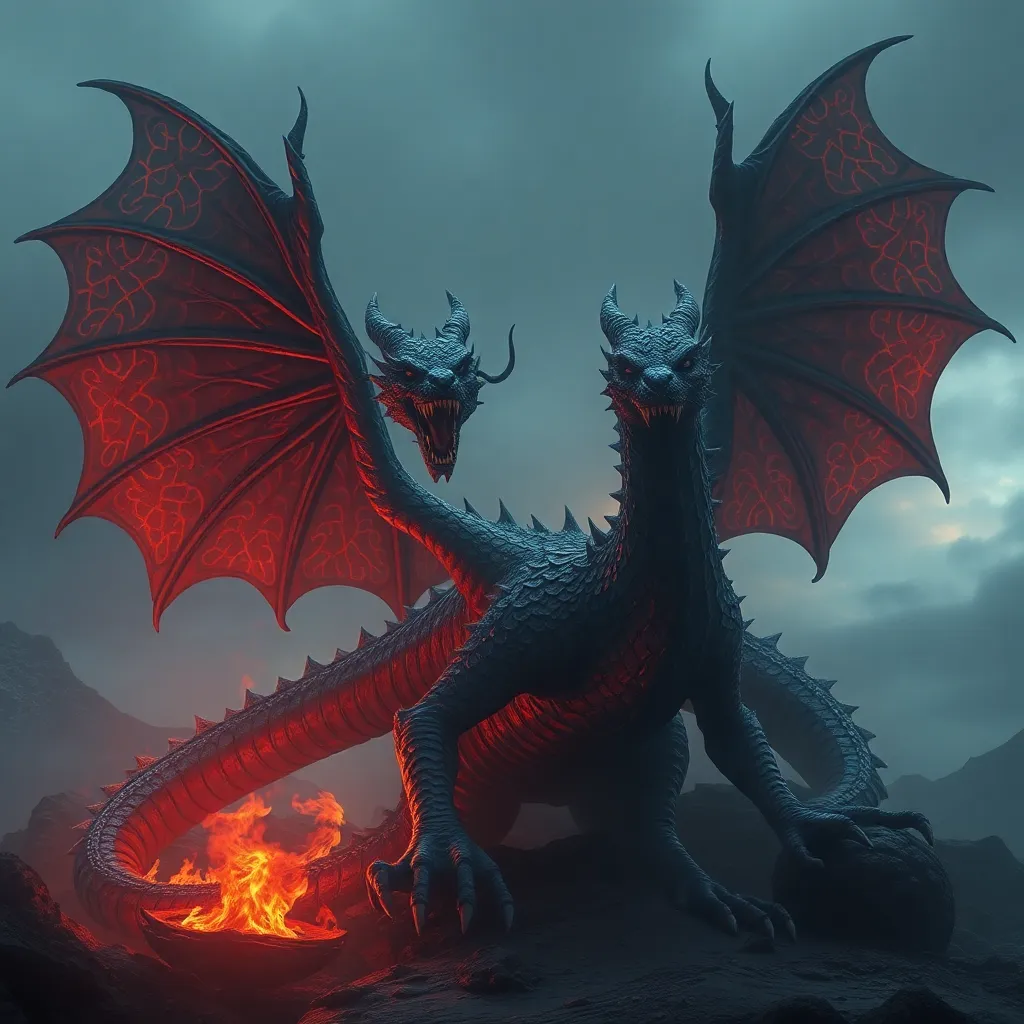The Influence of Cultural Hero Myths on Popular Culture
Introduction to Cultural Hero Myths
Cultural hero myths are narratives that feature heroic figures embodying the values, ideals, and struggles of a particular society. These myths serve as a reflection of cultural identity and collective aspirations, often depicting individuals who rise above ordinary circumstances to achieve greatness or to fulfill a significant purpose.
The importance of heroes in various cultures cannot be overstated. They often serve as role models, inspiring individuals to emulate their virtues and actions. Through their journeys, heroes articulate societal values and norms, illustrating what it means to be virtuous, brave, and selfless. From ancient tales to modern interpretations, hero myths play a critical role in shaping the moral landscape of societies.
Historical Context of Hero Myths
Hero myths have existed since ancient times, with figures such as Hercules from Greek mythology and Gilgamesh from Mesopotamian lore exemplifying the archetypal hero. These narratives often explore themes of strength, bravery, and the quest for knowledge, and they reflect the cultural context of their time.
As societies transitioned through various historical epochs, hero myths evolved, adapting to the changing values and beliefs of the people. Oral traditions and storytelling were vital in preserving these myths, allowing them to be passed down through generations. The tales of great heroes served both as entertainment and as a means of imparting wisdom and cultural values.
Common Archetypes in Hero Myths
Across cultures, certain archetypes of heroes are universally recognized. These include:
- The Reluctant Hero: A character who is initially hesitant to embark on their journey, often growing into their role.
- The Tragic Hero: A protagonist who experiences downfall due to a tragic flaw, highlighting the complexities of human nature.
- The Anti-Hero: A flawed character who may lack traditional heroic traits but still embodies certain heroic qualities.
Joseph Campbell’s concept of the “Hero’s Journey” has been instrumental in understanding these archetypes. His framework outlines a common narrative structure that many hero myths follow, including stages such as the call to adventure, crossing the threshold, and the return home.
Cultural Heroes in Literature and Film
Literature and film have been deeply influenced by cultural hero myths. Classic texts such as Beowulf and the epic of Odysseus showcase heroes who embark on perilous journeys, facing formidable foes and moral dilemmas. These narratives not only entertain but also offer insights into human nature and societal values.
In contemporary media, the impact of hero myths is evident in the popularity of superheroes and fantasy genres. Characters like Spider-Man and Wonder Woman have become cultural icons, reflecting modern values of justice, resilience, and hope. The character development and narrative structures often mirror traditional hero journeys, reinforcing the timeless appeal of these archetypes.
The Role of Mythology in Shaping Modern Heroes
Contemporary heroes, ranging from superheroes in comic books to historical figures in documentaries, are shaped by the legacy of cultural hero myths. These heroes often embody traits that resonate with society’s current ideals, such as courage, self-sacrifice, and the fight for justice.
Media portrayals of modern heroes are frequently a blend of myth and reality, as creators draw from traditional narratives while also addressing contemporary issues. This balance allows for a rich representation of heroes that can inspire and motivate diverse audiences.
Cultural Heroes and Identity Formation
Hero myths play a significant role in shaping individual and collective identities. They serve as touchstones for cultural pride and aspiration, often influencing young people’s dreams and ambitions.
In various communities, cultural heroes can have profound impacts on identity formation, providing role models that embody shared values. For example:
- In African cultures, figures like Nelson Mandela serve as heroes of liberation and resilience.
- In Native American cultures, heroes from folklore represent the connection with nature and spiritual teachings.
- In contemporary society, popular figures like Malala Yousafzai symbolize courage in the face of adversity.
Critique and Reinterpretation of Hero Myths
As societal values evolve, so too do the interpretations of hero myths. Feminist, postcolonial, and other critical perspectives challenge traditional narratives, often highlighting the need for more inclusive representations of heroes.
Contemporary reinterpretations of hero narratives can be seen in literature and film that feature diverse protagonists, subverting the classic hero archetype. This evolution reflects a growing awareness of the complexities of identity and the need for representation in popular culture.
Impact of Technology and Social Media on Hero Myths
The advent of technology and social media has significantly influenced the revitalization of hero myths. Digital storytelling platforms allow for new interpretations and adaptations of traditional narratives, reaching wider audiences than ever before.
Social media has emerged as a powerful tool for showcasing new cultural heroes, often allowing individuals to become heroes within their communities. Additionally, memes and viral content can shape modern hero narratives, making them accessible and relatable to younger generations.
Globalization and the Exchange of Hero Myths
Globalization has facilitated the cross-cultural exchange of hero myths, leading to a richer tapestry of narratives in popular culture. This exchange encourages multiculturalism, allowing different interpretations of heroism to coexist and influence one another.
Examples of this global exchange include:
- The adaptation of Western superhero stories in Asian cinema, blending local cultural elements.
- The reinterpretation of traditional folklore in modern storytelling, as seen in films that incorporate indigenous narratives.
As hero myths continue to evolve in a globalized world, they will undoubtedly reflect the complexities of contemporary society while preserving the timeless allure of heroism.



